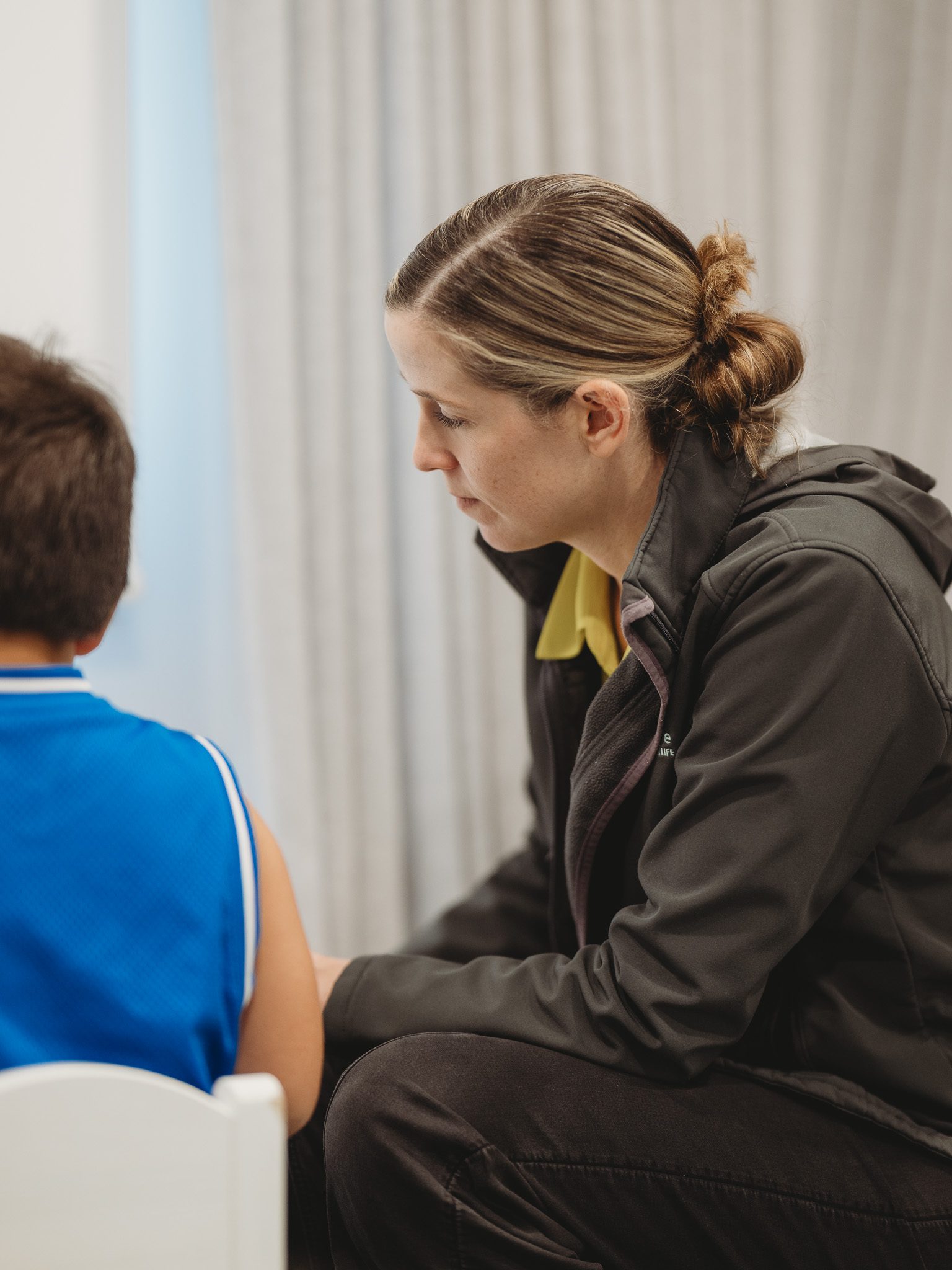NDIS Speech therapy isn’t just for the clinic—there are simple activities you can do at home to help strengthen communication skills. While every program should be tailored by a Speech Pathologist, these speech therapy exercises are fun, practical, and family-friendly.
1. Sound Repetition Games
Pick a tricky sound (like “s” or “r”) and practise it in short words. Turn it into a game—say the word each time you roll a dice or move a game piece. This kind of speech therapy practice helps target specific sounds in a playful way.
2. Reading Out Loud
Reading books, signs, or even recipes aloud helps improve speech clarity, confidence, and expression. Regular reading is one of the simplest NDIS speech strategies you can build into everyday life.
3. Tongue & Mouth Exercises
Simple movements like sticking the tongue out, moving it side to side, or puffing out cheeks strengthen the muscles used for speech. These exercises are often recommended in speech programs to support clearer articulation.
4. Storytelling
Encourage your child (or yourself) to tell short stories about their day. Storytelling builds language, sequencing, and conversational skills, making it a valuable addition to at-home NDIS speech therapy practice.
5. Singing or Rhyming
Songs and rhymes help with rhythm, pronunciation, and memory—plus they make practice fun! Many speech therapy activities use music to boost engagement and motivation.
The Bottom Line: Home practice works best when guided by a Speech Pathologist. These simple speech therapy exercises can make therapy more effective and keep progress going between sessions.
Want personalised support? Our Speech Pathologists can create a NDIS speech therapy plan that’s just right for you or your child.
